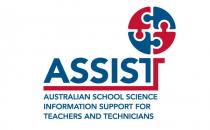
The digestive system - Year 8 CLE

This online resource looks at the digestive system.
The resource is an ASSIST Connected Learning Experience (CLE) to help teach Year 8 students about the digestive system in higher animals.
Description: In this investigation, the role of the digestive system is investigated in the context of modelling the human digestive system.
Learning intentions
Students will be able to:
- describe the role of the digestive system;
- identify the organs in the human digestive system and describe their function;
- explain the difference between mechanical and chemical digestion and identify where each occurs in the digestive system;
- describe the role of enzymes in the breakdown of food in the digestive system;
- identify the question for investigation;
- make predictions based on scientific knowledge;
- identify variables to be changed, measured and controlled in an investigation;
- record and represent observations and data;
- identify patterns and trends from observations and data;
- use patterns and trends observed to draw a conclusion;
- explain how modifications to their investigation could improve the quality of their data.
Australian Curriculum v9 Codes: AC9S8U02 (Year 8)
Additional Information
The Connected Learning Experience Resource
A Connected Learning Experience (CLE) is a resource package designed to support the use of inquiry investigations in the classroom.
Each CLE may not encompass all the concepts and skills addressed in the specific content descriptions outlined by the Australian Curriculum: Science for that year level. The Learning Intentions clearly define the aims and objectives of the CLE.
Year 8 Achievement Standard
This lesson sequence provides opportunities to gather information about students’ achievement of specific components in the standards (which are bolded in the statements below).
By the end of Year 8, students compare physical and chemical changes and use the particle model to explain and predict the properties and behaviours of substances. They identify different forms of energy and describe how energy transfers and transformations cause change in simple systems. They compare processes of rock formation, including the timescales involved. They analyse the relationship between structure and function at cell, organ and body system levels. Students examine the different science knowledge used in occupations. They explain how evidence has led to an improved understanding of a scientific idea and describe situations in which scientists collaborated to generate solutions to contemporary problems. They reflect on implications of these solutions for different groups in society.
Students identify and construct questions and problems that they can investigate scientifically. They consider safety and ethics when planning investigations, including designing field or experimental methods. They identify variables to be changed, measured and controlled. Students construct representations of their data to reveal and analyse patterns and trends, and use these when justifying their conclusions. They explain how modifications to methods could improve the quality of their data and apply their own scientific knowledge and investigation findings to evaluate claims made by others. They use appropriate language and representations to communicate science ideas, methods and findings in a range of text types.
- Year 8 > Science Inquiry Skills > Communicating > Communicate ideas, findings and evidence-based solutions to problems using... > ACSIS148
- Year 8 > Science Inquiry Skills > Evaluating > Reflect on scientific investigations including evaluating the quality of the... > ACSIS146
- Year 8 > Science Inquiry Skills > Planning and conducting > Collaboratively and individually plan and conduct a range of investigation... > ACSIS140
- Year 8 > Science Inquiry Skills > Planning and conducting > Measure and control variables, select equipment appropriate to the task and... > ACSIS141
- Year 8 > Science Inquiry Skills > Processing and analysing data and information > Construct and use a range of representations, including graphs, keys and models... > ACSIS144
- Year 8 > Science Inquiry Skills > Processing and analysing data and information > Summarise data, from students’ own investigations and secondary sources, and... > ACSIS145
- Year 8 > Science Inquiry Skills > Questioning and Predicting > Identify questions and problems that can be investigated scientifically and... > ACSIS139
- Year 8 > Science Understanding > Biological Sciences > Multi-cellular organisms contain systems of organs carrying out specialised... > ACSSU150


